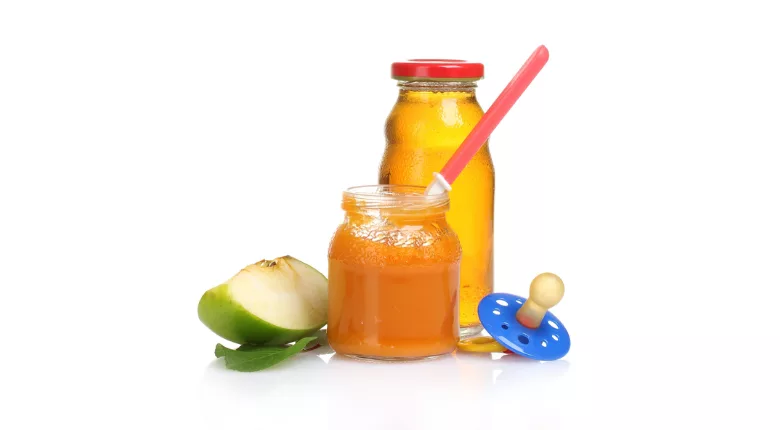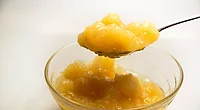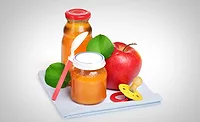California Passes Law Requiring Tests for Toxic Heavy Metals in Baby Foods, Disclosure of Results

Image credit: DesignDrawArtes via Pixabay
With California Assembly Bill 899 recently being signed into law by Governor Gavin Newsom (D), any baby food products sold or made in the state will require testing for arsenic, cadmium, lead, and mercury, beginning January 1, 2024. The new legislation will also require test results to be posted on the manufacturer's website, beginning January 1, 2025.
Specifically, the bill requires manufacturers of baby food for sale or distribution in California to test a representative sample of each production aggregate of the manufacturer’s final baby food product, at a proficient laboratory meeting certain criteria, for toxic heavy metals at least once per month. Test results must be provided to any authorized agent of the State Department of Public Health upon its request, as specified. Finally, after January 1, 2025, manufacturers of a final baby food product that is sold, manufactured, delivered, held, or offered for sale in the state must provide specified information disclosures to consumers, including making publicly available on a website the name and level of each toxic element present in each production aggregate of the final baby food product.
Additionally, if a product is tested for a certain toxic element subject to an action level, regulatory limit, or tolerance established by the U.S. Food and Drug Administration (FDA), manufacturers must include on the product label a QR code that links to a page on the manufacturer’s internet website containing, among other information, test results for the toxic element and a link to related FDA guidance. Baby foods that contain a toxic element at levels higher than the FDA action level can still be sold in the state, but the QR code disclosure is required.
Baby food—meaning food that is marketed to children under two years of age—that does not comply with the legislation will be prohibited from sale, manufacture, delivery, holding, or offering for sale in the state. Infant formula is not included in AB 899.
The legislation is based on the recommendations of a 2021 report by the U.S. House of Representatives Committee on Oversight and Reform, Subcommittee on Economic and Consumer Policy. In the report, the Subcommittee wrote "commercial baby foods are tainted with significant levels of toxic heavy metals, including arsenic, lead, cadmium, and mercury. Exposure to toxic heavy metals causes permanent decreases in IQ, diminished future economic productivity, and increased risk of future criminal and antisocial behavior. Toxic heavy metals endanger infant neurological development and long-term brain function."
"This new law will help protect babies by requiring baby food manufacturers to test their products for toxic heavy metals and post test results on their websites," stated Assemblymember Al Muratsuchi (D-66), the bill's author. Assemblymember Muratsuchi expressed his hope that, by requiring such testing and reporting in California, a significant consumer market, baby food manufacturers across the U.S. will take greater action to ensure their products are free of toxic heavy metals. He urged FDA to follow California's lead in enacting similar national testing and reporting requirements.
At present, FDA approaches toxic heavy metals in baby foods through its Closer to Zero initiative, which was spearheaded after consumer groups and U.S. Congress took an interest in the issue. FDA’s work under the Closer to Zero initiative includes issuing draft guidances for industry and setting action levels for heavy metals in foods for young children and juice, and reviewing the scientific literature to inform interim reference levels for toxic elements.
Looking for quick answers on food safety topics?
Try Ask FSM, our new smart AI search tool.
Ask FSM →









